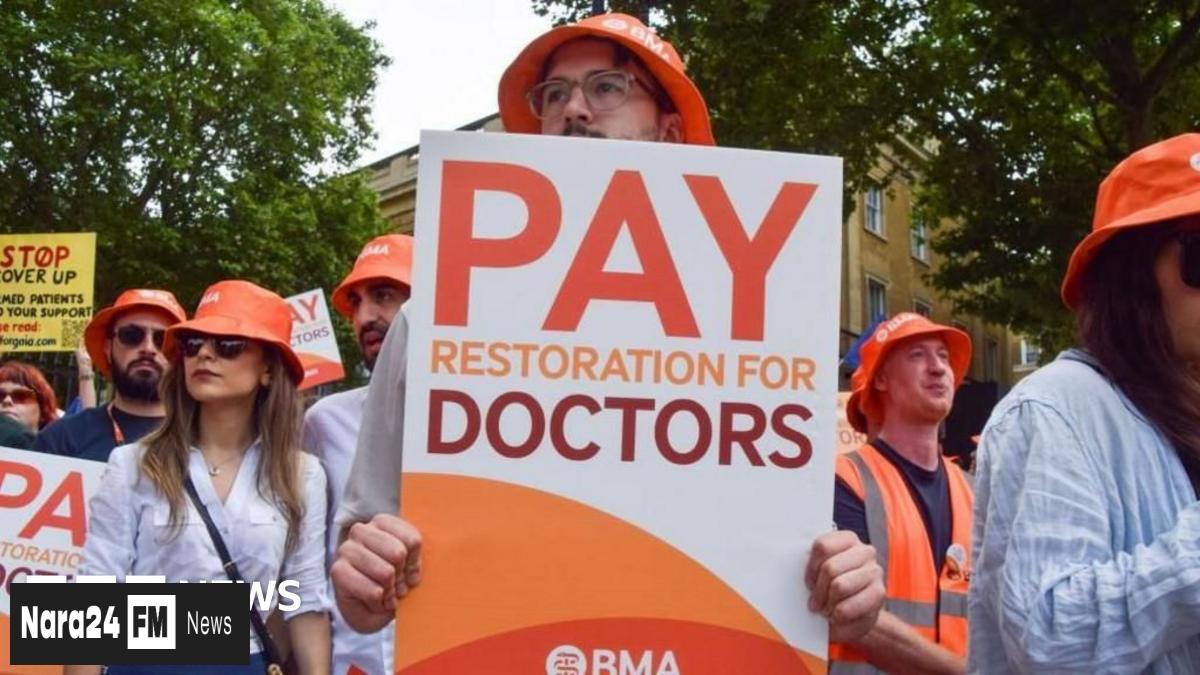In This Article
- Junior Doctors' Strike and Health Secretary's Pledge
- Hospital Directives and Emergency Care Prioritization
- Escalation of Tensions and Contingency Plans
- Impact on NHS Services and Patient Concerns
Key Takeaways
- Health Secretary Wes Streeting pledges to maintain essential NHS services with minimal disruption during the junior doctors' five-day strike.
- Hospital trusts are instructed to postpone non-urgent procedures only in 'exceptional circumstances,' prioritizing emergency care continuity.
- The strike marks the latest escalation in ongoing pay disputes between the government and the British Medical Association (BMA).
- Contingency plans are activated to safeguard critical patient services, with the public urged to attend appointments unless notified otherwise.
- The strike exacerbates strain on the NHS amid record-high waiting lists, with officials monitoring impacts in real time and patients concerned about treatment delays.
Health Secretary Wes Streeting has pledged to maintain essential services with minimal disruption as junior doctors in England launch a five-day strike over pay disputes. Hospital trusts received directives to postpone non-urgent procedures solely under "exceptional circumstances," prioritizing emergency care continuity.
The industrial action, involving resident medical staff, marks the latest escalation in ongoing tensions between the government and the British Medical Association (BMA). Streeting emphasized contingency plans are activated to safeguard critical patient services, urging the public to attend appointments unless notified otherwise.
This walkout follows multiple strikes over the past year, exacerbating strain on the National Health Service. Officials confirm real-time monitoring of service impacts, while patients express concerns over delayed treatments amid record-high waiting lists.








Comments (0)
Leave a Comment
Be the first to comment on this article!